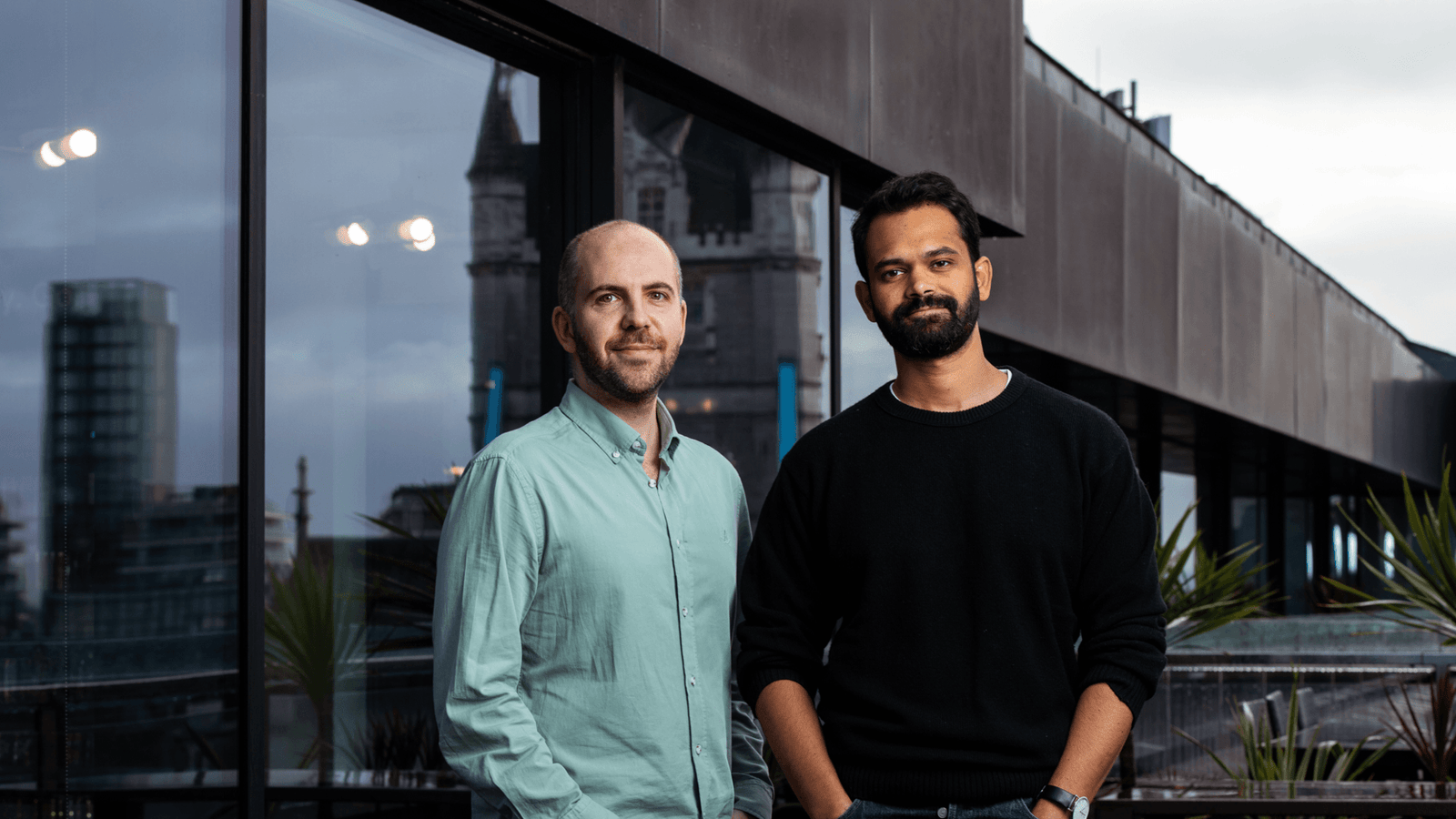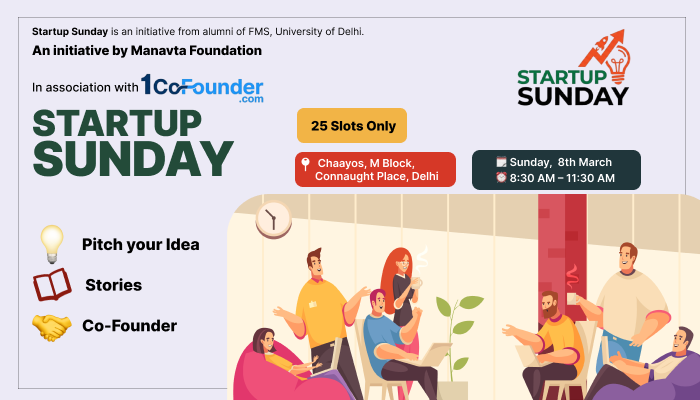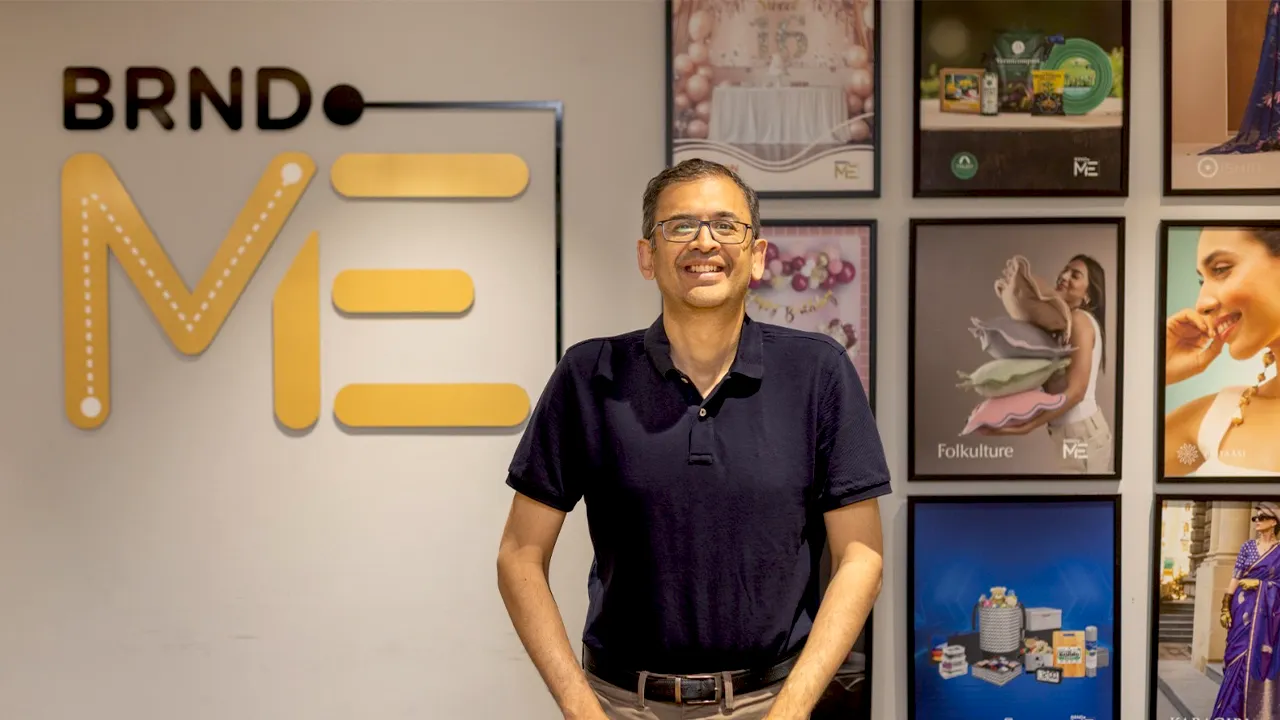VC firm India Quotient announces 5.9x return on its first fund
- ByStartupStory | November 11, 2022
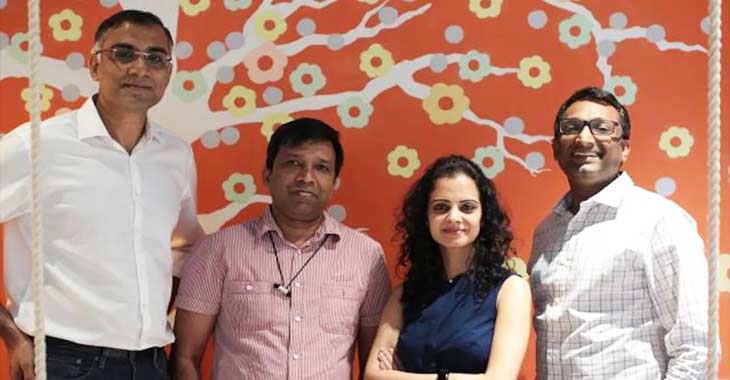
According to founding partner Anand Lunia, India Quotient has repaid its first money to sponsors, or limited partners, in cash at a rate of 5.9x. The seed-to-early-stage venture capital firm with a focus on India was established in 2012 by Lunia and Madhukar Sinha with the goal of funding start-ups that create solutions specifically for problems in India.
With a portfolio of Rs 32 crore (about $6 million), the rupee-denominated inaugural fund began investing in 2013 and has now supported 21 firms, including Sugar Cosmetics, LendingKart, IIMjobs, and 91mobiles.
The improvement comes at a time when investors in other fundraising vehicles, such as startups, have been holding back on their investments, particularly in light of the sharp decline in valuations of publicly traded tech shares both internationally and in India.
With the return of this fund, we were able to show liquidity in a very competitive market and provide assurance on stated figures. People don’t believe in startup valuations, but once they start making money, they do,” Lunia said. This will reassure investors that startups have some value and can generate some profits in a competitive liquidity market.
Vijay Shekhar Sharma, the creator of Paytm, Ronnie Screwvala, the co-founder and chairman of the edtech firm UpGrad, and Deep Kalra, the founder and chairman of MakeMyTrip are just a few of the early sponsors of the organisation.
Later funds from the company welcomed foreign investors such as Latitude Investment Management in the UK, Capria Ventures in Seattle, and the Japanese financial services behemoth Nippon. Now among the sponsors of India Quotient are a sizable institutional fund in China and a few family offices with headquarters in Singapore. Additional purchasers in India Quotient’s Fund- I am SIDBI, Omidyar, Ashish Goenka, Ravi Adusumalli, Times Internet, and Ash Lilani.
Bennett, Coleman and Company Ltd (Times Group), which publishes the Economic Times, has a digital media division called Times Internet. According to experts in the venture capital ecosystem, an early-stage, sector-neutral fund should occasionally achieve a return on investment of three to five times the amount invested.
According to an associate at a Bengaluru-based VC firm, “This relies on a variety of things, including what LPs anticipate from a fund, whether it invests in early-stage or growth-stage firms, or if they exclusively invest in India or globally.”
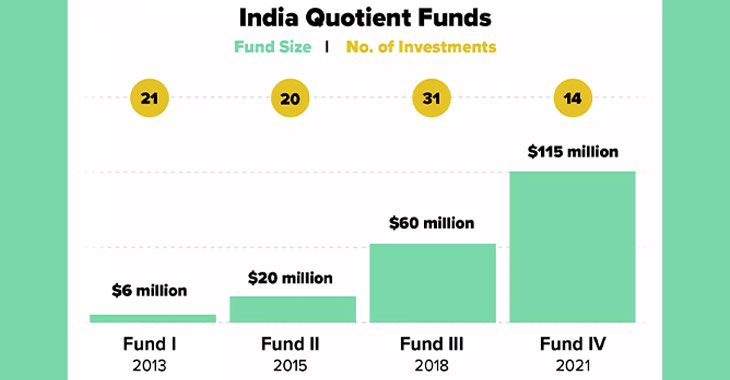
VC firms also believe that funds denominated in rupees have an advantage over those denominated in US dollars, provided that the latter should also account for FX trade losses.
Four of its portfolio companies have stood out among the 21 startups it has backed: Sugar Cosmetics (then known as Fab Bag when the fund first invested in January 2013), financial services tech startup LendingKart, mid and senior administration recruitment platform IIMjobs, and gadget review website 91mobiles.
The returns have been multiplied by anything from 3.2x for 91mobiles to 117x for Sugar Cosmetics. The number of returns for LendingKart and IIMjobs was 11.7x and 5.6x, respectively.Info Edge purchased IIMjobs, while 91mobiles were repurchased. Four people won, but there were also some misses along the road, according to Lunia. One of the first purchasers of Roposo was India Quotient, which eventually received support from Tiger Global and Bertelsmann Investments.
According to Lunia, “Some companies have not performed successfully for us for a variety of reasons, including in some cases a strong rival disrupted the market, in others not enough investment was received, and in others, entrepreneurs received too much money.” While it is anticipated that the return of the primary fund corpus will close swiftly, the fund has also returned the second fund’s principal amount, he continued.
In 2015, India Quotient started making investments from its second fund, and as of now, it has invested $20 million in 20 firms, more than three times the size of its previous fund. In 2018, the VC firm started making investments from its third fund, which has a $60 million valuation. Since then, it has backed 31 firms.
Additionally, it started investing from its Fund-IV last year, with a corpus of $115 million and has thus far backed 14 businesses. It has supported firms including Sharechat, KukuFM, Lokal, Masai School, Vyapar, WebEngage, and FabAlley with this funding. The business will eventually introduce its fifth fund in the latter half of 2023.
India Quotient occasionally makes investments in its portfolio companies that range from Rs 1 crore to Rs 15 crore; this is a practice it has continued with newer funds. The company typically invests in seed and early-stage businesses and is active in a highly competitive market that features competitors like Blume Ventures, Prime Ventures, Aavishkaar Capital, and 3one4 Capital.
In contrast to $24.8 billion in the same period last year, $20.5 billion in the capital was attracted by Indian entrepreneurs in the first nine months of 2022, according to a recent PwC analysis. According to the study released last month, investment activity fell across all sectors during the July-September quarter, with the exception of edtech and B2B e-commerce.

